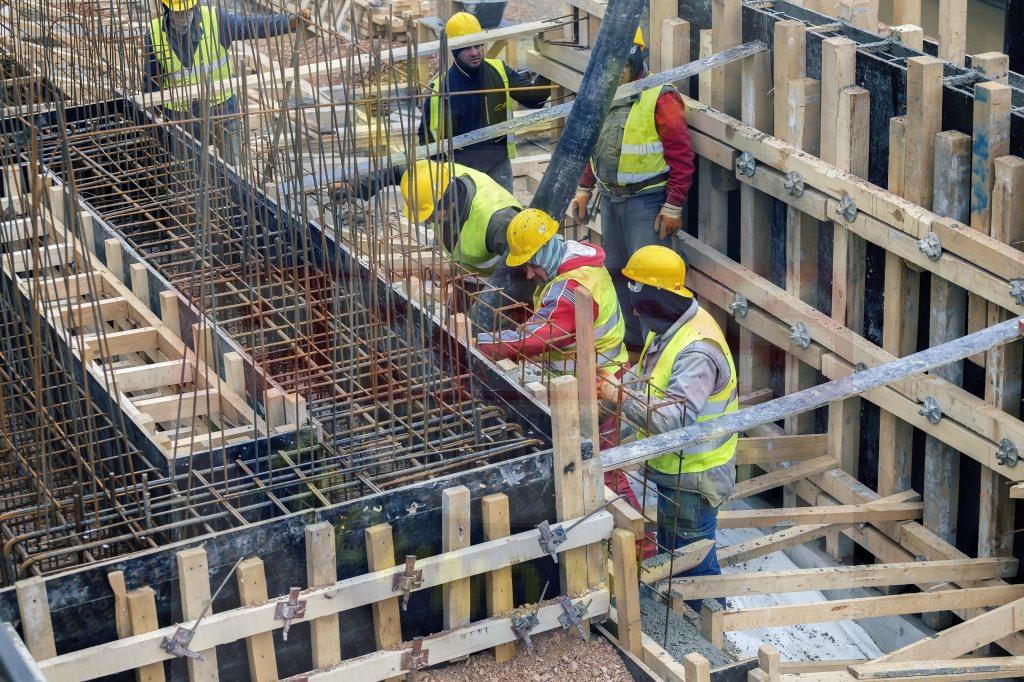CIVIL CONSTRUCTION AND THE ROLE OF CIVIL ENGINEERS
Civil construction falls in the category of civil engineering which is all about designing, constructing and maintaining the physical and naturally built environment. Civil construction is the art of building bridges, dams, roads, airports, canals, and buildings. Civil engineering is the oldest discipline of engineering.
Since the very beginning of the human existence, it has been the aspect of life. One of the main aspects of civil construction is structural engineering. It helps in designing the structure in a way that it is able to support itself successfully along with resisting loads. The stability of the design will serve as the foundation of civil construction.
In today’s society, there are huge projects meant for civil construction and engineering. The infrastructure used in our daily lives all has been created because of civil construction and engineering. The roads, railways, stadiums, harbors, schools and other buildings constructed all are a contribution of civil engineering.
WORK PERFORMED IN THE CIVIL CONSTRUCTION INDUSTRY
Tasks performed in the industry include the planning, creation and maintenance of public infrastructure – basically anything that will make the lives of people easier. These include:
- Liaising with governments, clients and other professionals
- Studying, evaluating and investigating the land and building sites suitable for the possible creation of infrastructure
- Adhering to the guidelines created by government, local bodies and clients when planning, creating and maintaining infrastructure
- Creating infrastructure plans and having these approved by governing bodies and local authorities
- Creating cost estimates and contracts
- Tendering the contracts and hire contractors
- Supervising and monitoring the construction of the infrastructure to ensure it matches the plan
PROJECTS IN CIVIL CONSTRUCTION
Some of the larger projects handled by the civil sector include:
- Earthwork projects like capping landfills, reshaping flood-prone areas and building new levees
- Bridges, from basic roadway crossings to massive bridges
- Canals and river stabilization or widening projects, for both shipping and recreational goals
- Wastewater treatment plants, holding tanks, settlement ponds, and other essential processing structures
- Railroads, including tracks for light rail, high speed, and streetcar systems growing in popularity
- Airports, ports, and other major transportation hubs
- Dams and corresponding reservoir tanks or lakes, including systems designed for power generation
- Roadways, ranging from simple-level residential streets to complex overpasses and tunnels
ROLE OF CIVIL ENGINEERS
Civil engineers are the people who are responsible for managing the construction projects. They are responsible for making the design of the project they are assigned whether it is a transport project, a water or sewerage system project or more. They plan, design and then test the structures before they are ready to be used by the public. The work starts from making architectural drawings, then choosing material for the project and then working on the design. They don’t just have to think about the structure but also how the structure of the project will affect the surrounding. They have to produce an economical, safe and environmentally stable structure for a particular project.
KEY ROLE OF CIVIL ENGINEERS:-
- Civil engineers are the people in charge of managing the construction projects.
- Among other things, they are responsible for making the design of the project they are assigned.
- Whether it is a transport project, a water or sewerage system project, or more, they take the lead.
- Civil Engineers plan, design, and then test the structures before they are ready to be used by the public.
- Their work starts at designing the architectural drawings, choosing material for the project, and then working on the design.
- They not only think about the structure but also how the construction of the project will affect its surroundings.
- They have to be sure they produce an economical, safe, and environmentally stable structure for each of their projects.
- Civil engineers can choose from many areas of specialization.
- They can choose the fields of municipal engineers, chief civil engineers, structural engineers, construction engineers, water supply distribution engineers, or even transport engineers.
- Civil engineers are also required to handle some activities related to site preparation, including excavation, grading the large projects, and even earth moving.
- They also have to evaluate and monitor the projects and are responsible for ensuring the quality of materials and project structures.

